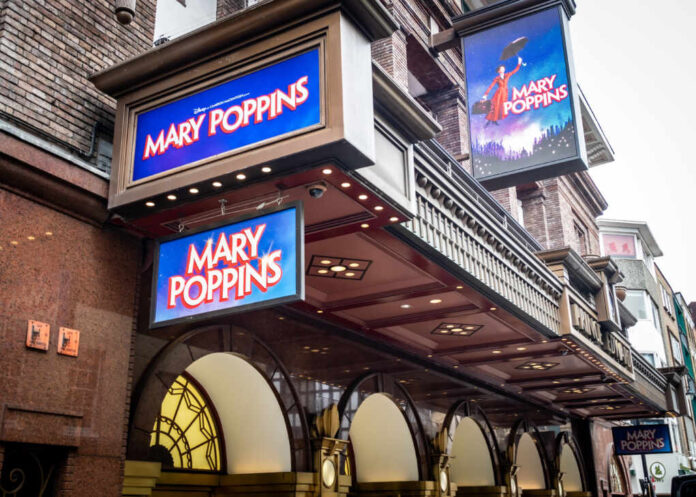
Disney’s classic film adaptation of the British book series Mary Poppins has received a new rating of PG by the United Kingdom’s film classification board, which cited “discriminatory language” as its reason for reversing its recommendation that the film is appropriate for almost all ages.
The British Board of Film Classification (BBFC) recently elevated its rating of the beloved musical to PG instead of U. The board’s reason for doing so was because the film “includes two uses of the discriminatory term ‘Hottentots,’” according to a spokesperson from the BBFC.
Fearing an imminent outbreak of the word 'Hottentots', the killjoys at @BBFC have gone back 60 years to upgrade #MaryPoppins from a 'U' to a 'PG'. @JackWatson2008 takes us through it. https://t.co/sc5rQ27Nk3
— The New Conservative 🦋 (@TheNewConserva8) February 28, 2024
The source noted that Mary Poppins contains “historical context,” meaning the film “is not condemned” but “ultimately exceeds our guidelines for acceptable language” to be included in a U-rated movie. BBFC guidelines for these films specify that they are generally appropriate for kids as young as four and state that “discriminatory language or behavior is unlikely to be acceptable unless clearly disapproved of.”
The BBFC spokesperson also explained that the organization’s “racism and discrimination” and “classifications guidelines research” has revealed to them that parents are share a “concern” that their children will be exposed to so-called “discriminatory language” that they “may find distressing” or “repeat” an offensive phrase unintentionally.
The word in question—hottentots—was historically used by Europeans to describe the Khoekhoe people who were native to South Africa. The BBFC and other groups have labeled the term as a racial slur, sparking the updated rating in the UK the year the iconic film turns 60.
The word is used in two separate scenes in the classic adaptation of the world’s most famous nanny. It’s uttered first by Admiral Boom when he questions Jane and Michael Banks about whether they are headed to “defeat hottentots.”
Later, the same character—who lives according to military habits despite his retirement as a Naval officer—says that they are “being attacked by hottentots” when he sees chimney sweeps covered in soot. This occurs during the famous song “Step In Time,” which features the beloved character Bert, who was played by Dick van Dyke, singing and dancing with his fellow chimney sweeps.
The reclassification due to perceived racism has made international headlines this week, sparking debate about the controversy. Sky News Australia spoke with Kel Richards, a wordsmith and broadcaster, who explained that the word “hottentot” was used “inoffensively” in the English language from the 1600s until the 1990s.




























